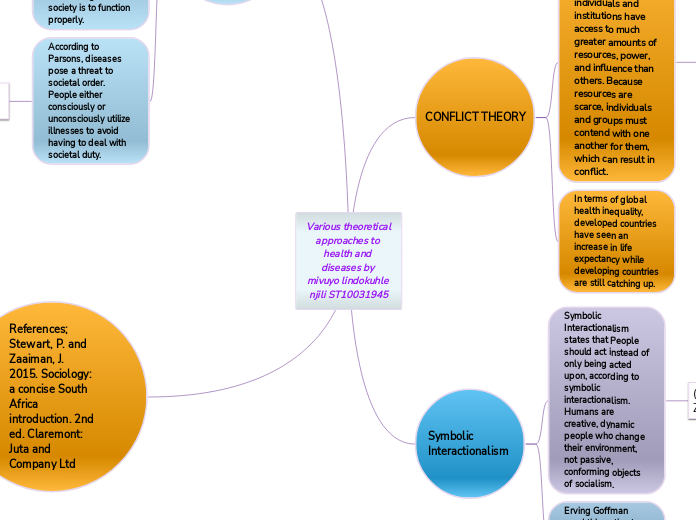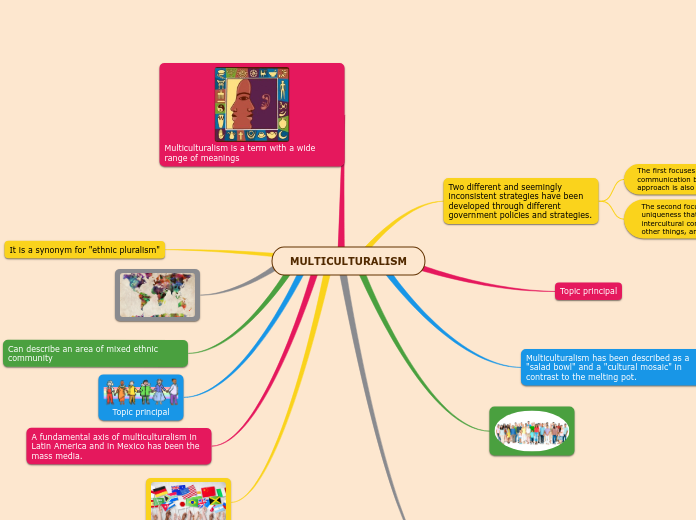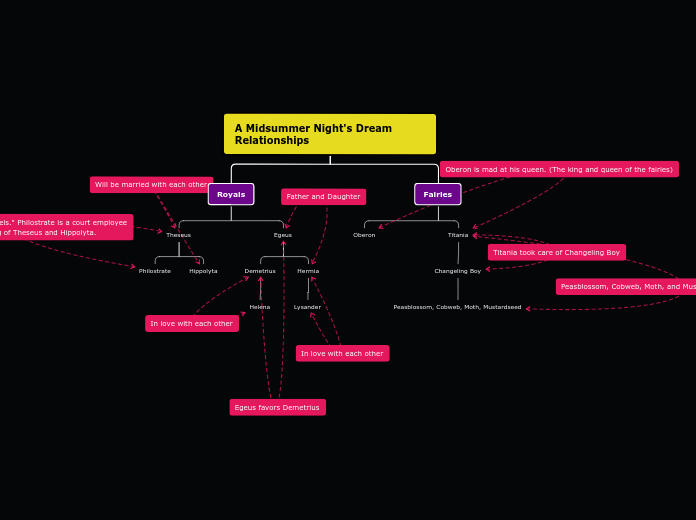von lee njili Vor 2 Jahren
157
Various theoretical approaches to health and diseases by mivuyo lindokuhle njili ST10031945
The document explores the varying theoretical frameworks used to understand health and diseases, presented by Mivuyo Lindokuhle Njili. Symbolic Interactionalism posits that individuals are dynamic agents who shape their environment rather than being mere products of societal forces.









